 December 2025
December 2025
Freena
Choosing the right Literature Review Writing Service is crucial for PhD success. Explore the top 5 services, compare quality, reliability, pricing, and expert support.
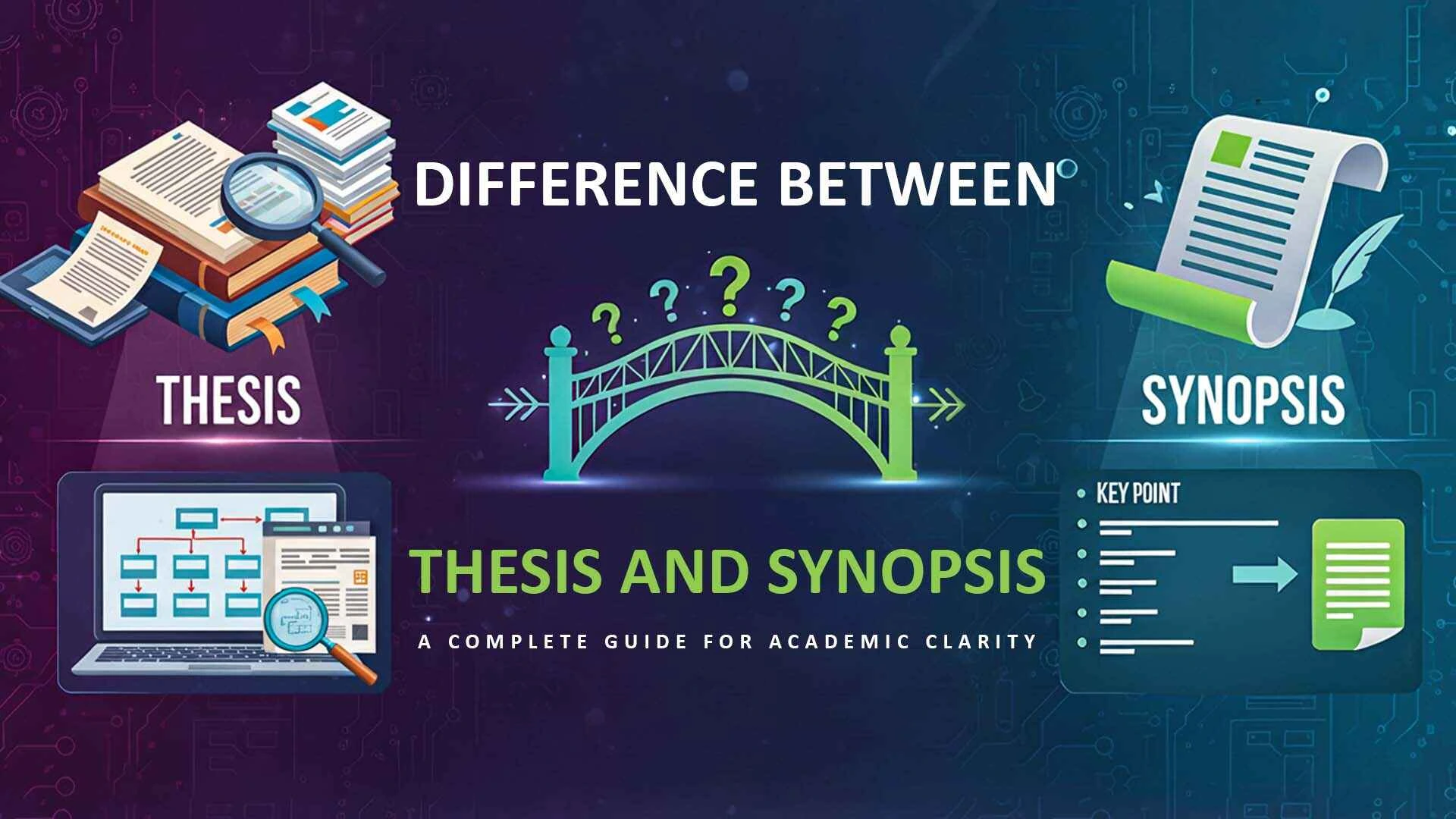 December 2025
December 2025
Santra
Confused about synopsis vs thesis? Learn the difference between thesis and synopsis, including purpose, structure, length, and research expectations.
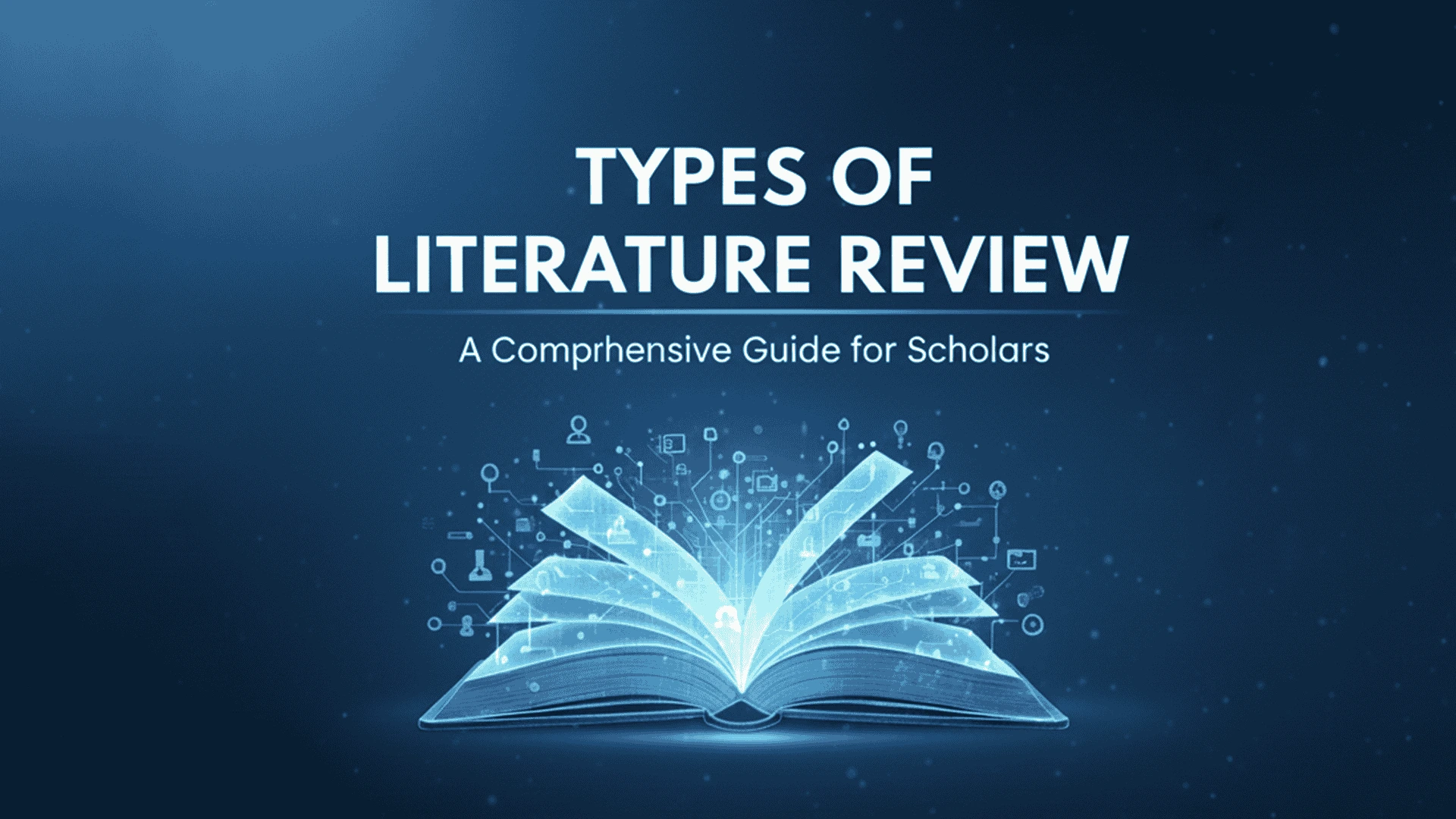 December 2025
December 2025
Emilia
Explore the types of literature review in research, including narrative, systematic, scoping, and meta-analysis. A comprehensive expert guide for PhD scholars and researchers.
 November 2025
November 2025
Santra
Explore the top 6 best PhD assistance services and see who they are and how they support research writing analysis and publication for scholars.
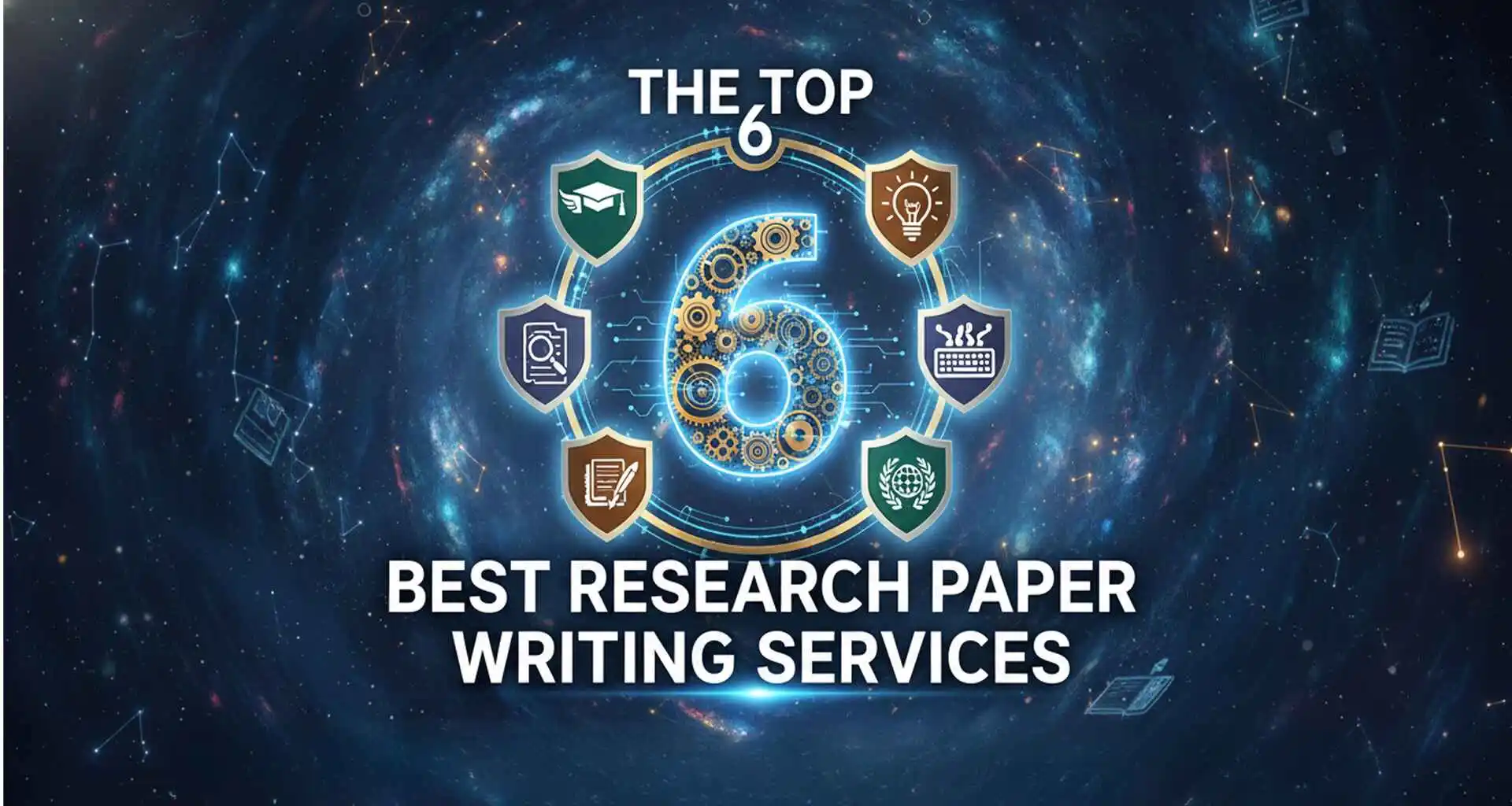 November 2025
November 2025
Luca
Explore the best research paper writing services and understand how their expertise, guidance, and accuracy can improve your chances of successful publication.
 November 2025
November 2025
Williams
Compare the best dissertation writing services, including the best dissertation writing services in India and UK, with a clear breakdown of all six providers
 November 2025
November 2025
Freena
Find the best thesis writing services in India with this detailed guide. Understand expertise, pricing, and support levels before selecting your provide
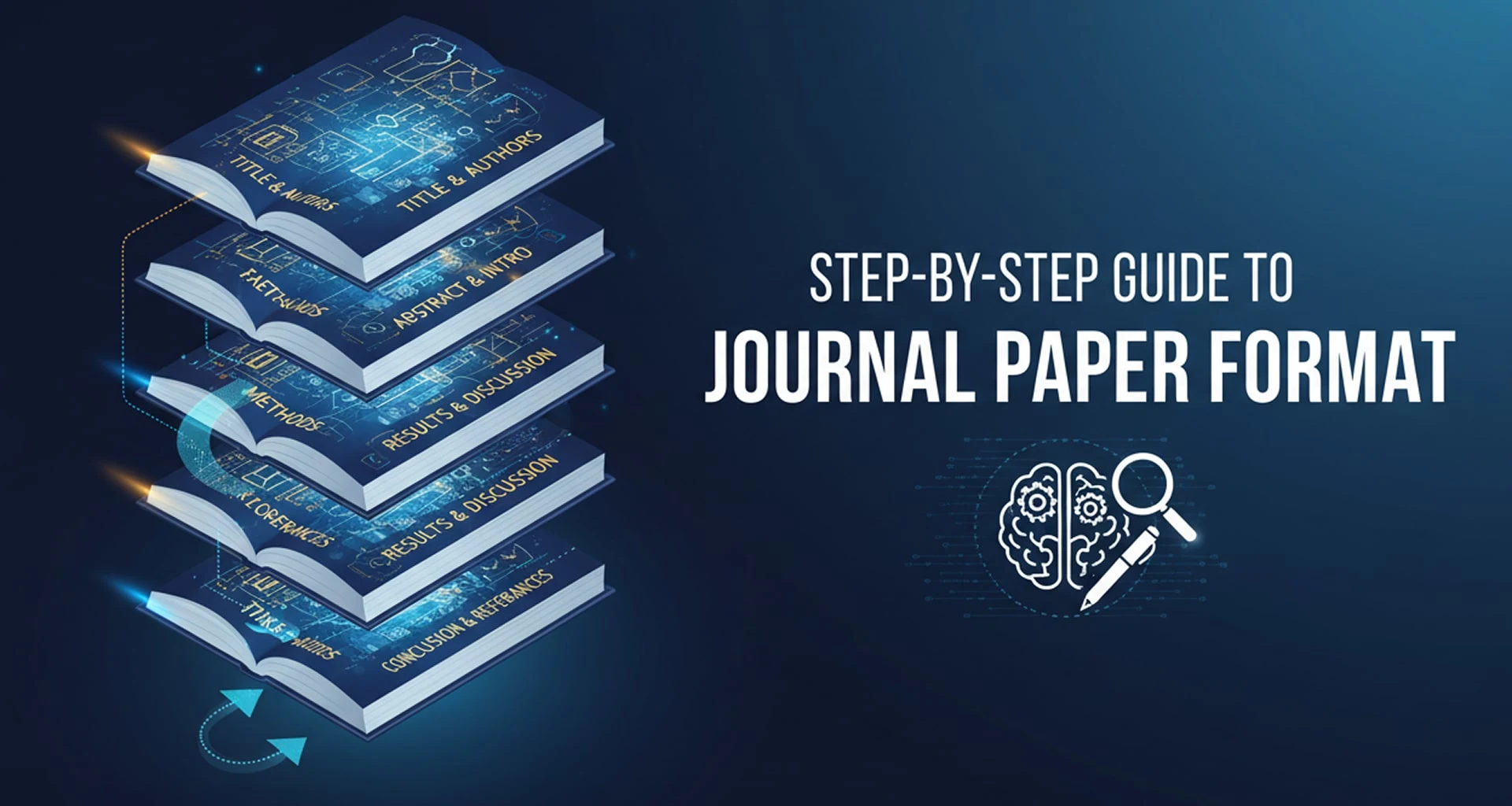 November 2025
November 2025
Emilia
Step-by-step guide to journal paper format: structure, sections, citations, tables, and submission tips to ensure your research meets journal standards.
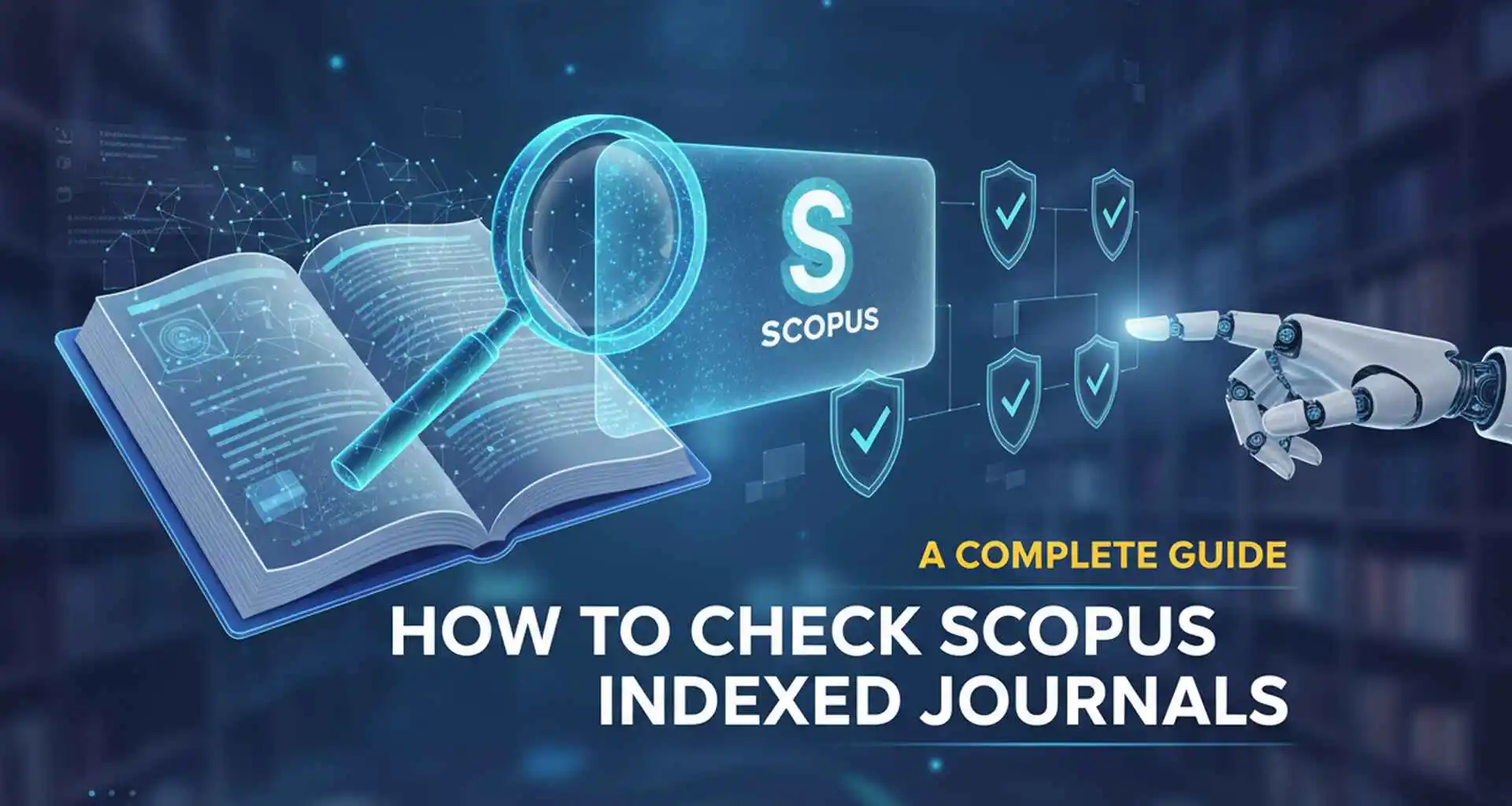 November 2025
November 2025
Emilia
Learn how to check Scopus indexed journals step-by-step, verify credibility, avoid predatory journals, and ensure your research meets global standards.
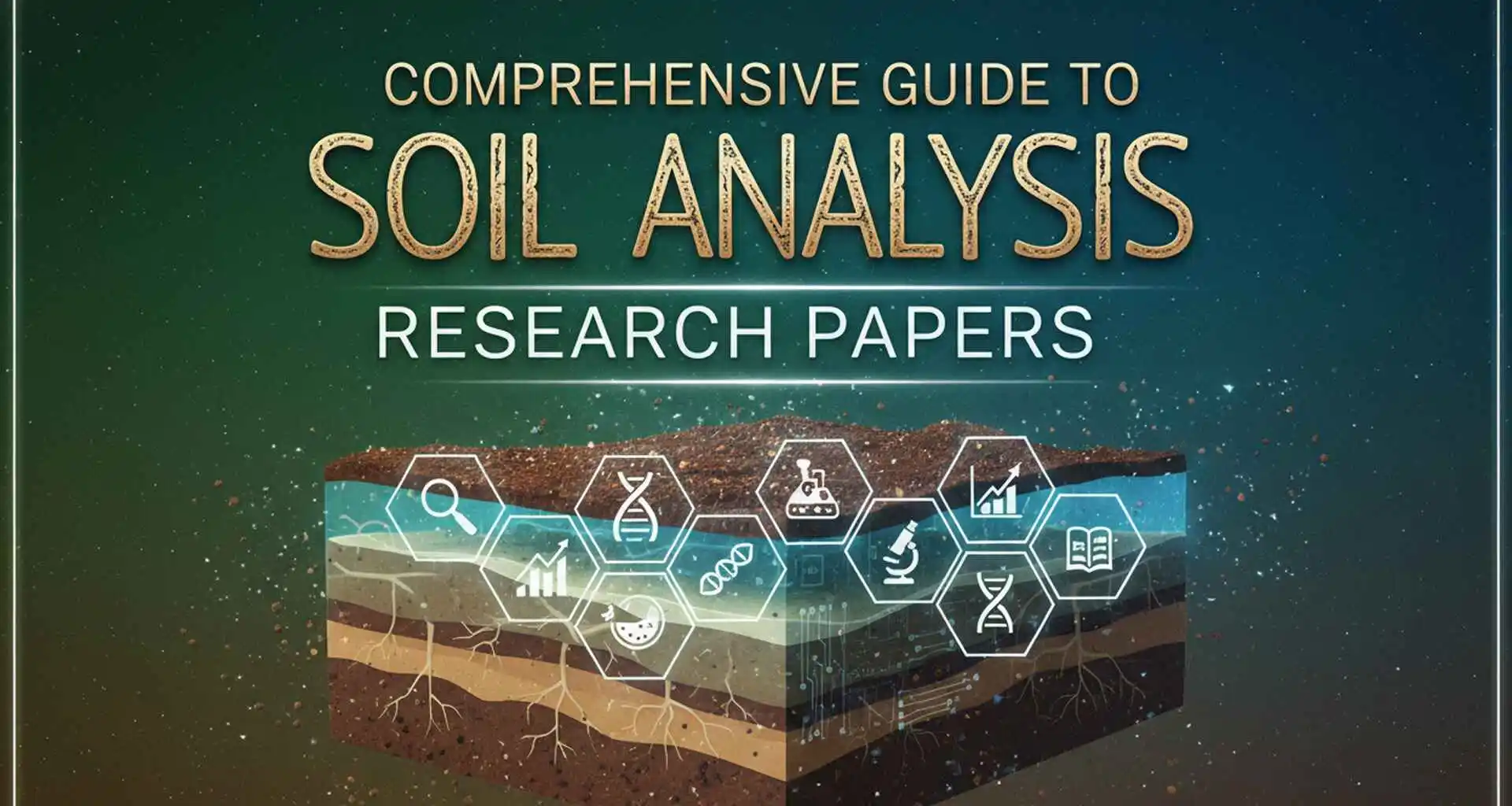 November 2025
November 2025
Luca
Explore soil analysis research papers with this complete guide covering types, methods, key components, and trends in soil science research
 November 2025
November 2025
Santra
Discover how to write a thesis paper with our detailed guide. Follow our step-by-step instructions to create a strong and effective thesis for your studies.
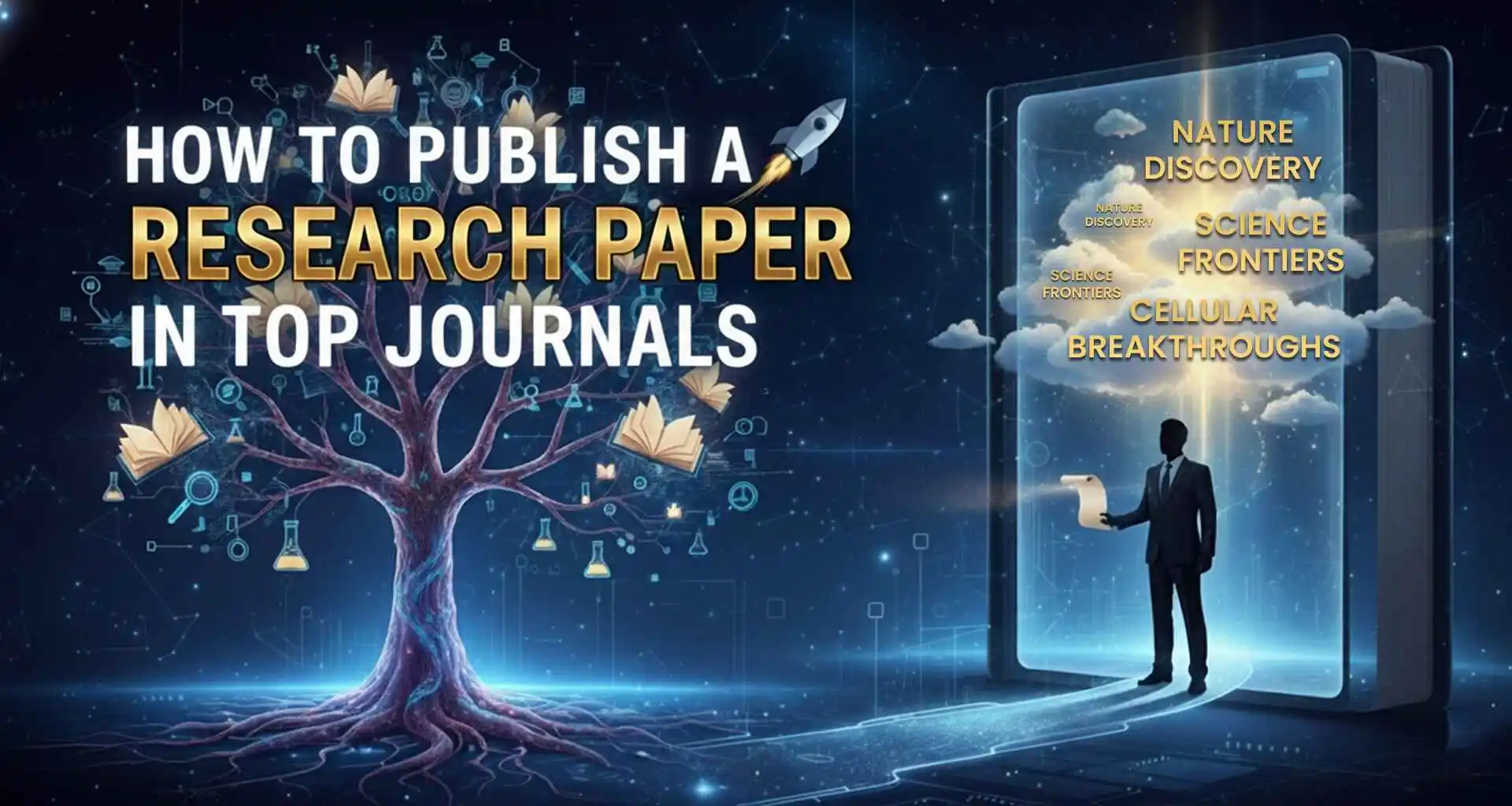 November 2025
November 2025
Jackson
How to publish a research paper in top journals: clear steps on journal selection, paper structure, peer-review response, ethical best practices, and promotion.
 November 2025
November 2025
Williams
Navigate university thesis formatting with ease. Access our expert guidelines to ensure your thesis adheres to academic standards and impresses your readers
 October 2025
October 2025
Emilia
Learn how to write a thesis from proposal to final submission with clear steps on topic selection, research, writing, editing, and defending your thesis successfully.
 October 2025
October 2025
Santra
Get expert dissertation writers for every stage topic, research, writing, and editing. Ensure originality, accuracy, and timely completion of your PhD work.
 October 2025
October 2025
Freena
Discover what is thesis in research with a full step-by-step guide. Learn types, structure, process, and expert tips to write a perfect research thesis.
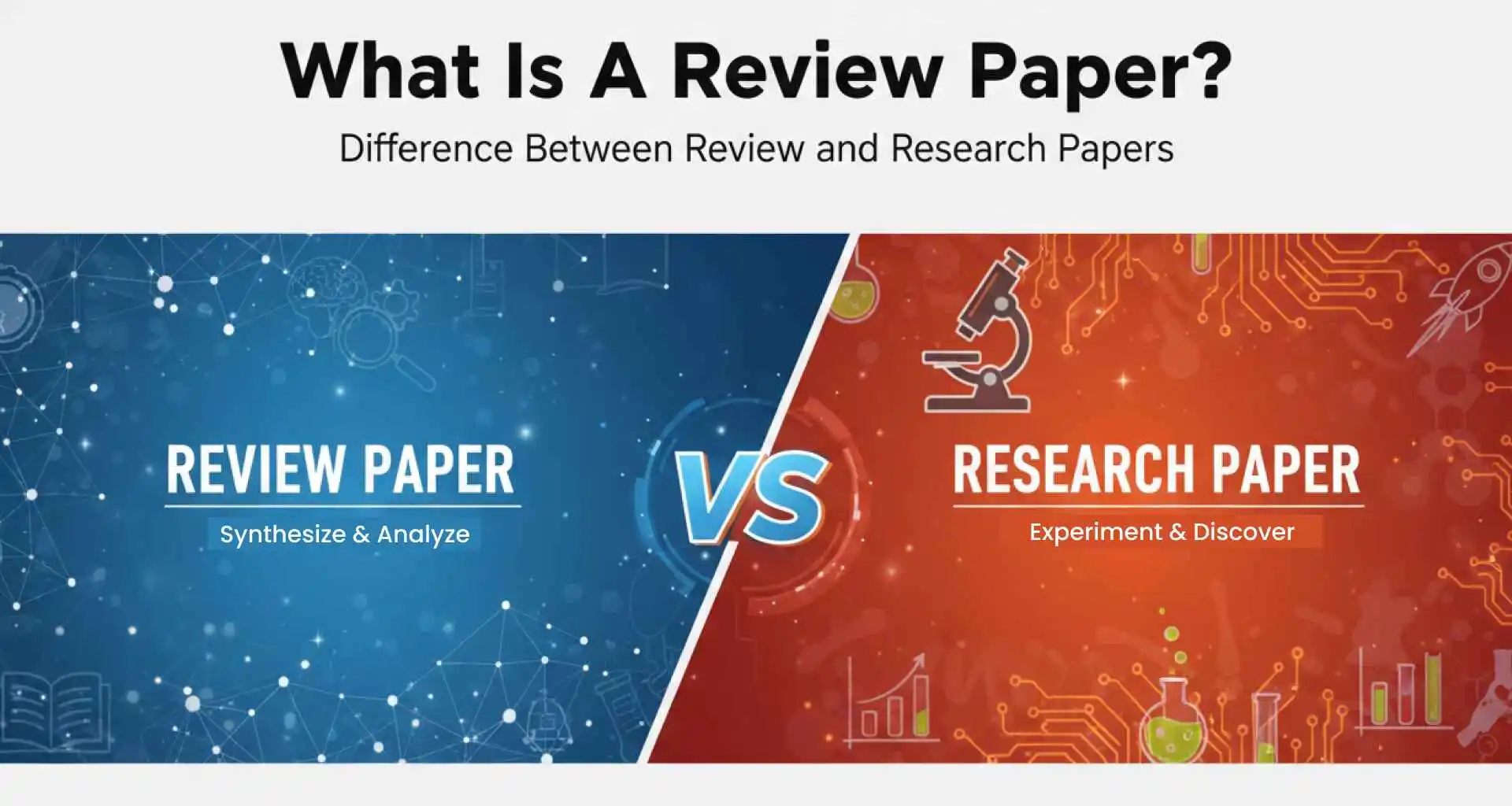 October 2025
October 2025
Luca
Discover what a review paper is, its types, key features, and how it differs from a research paper. Learn tips, common mistakes, and guidance for PhD scholars.
 October 2025
October 2025
Emilia
Learn how to identify research gaps in your field. Explore types, techniques, prioritization, and common mistakes to strengthen your research and publications
 October 2025
October 2025
Luca
Learn how to write a review paper worthy of publication. Explore topic selection, structure, writing tips, and strategies to achieve academic publishing success.
 October 2025
October 2025
Esther F
Discover the key differences between dissertation vs thesis, their purpose, structure, length, and academic level. Learn which one fits your research goals
 October 2025
October 2025
Santra
Learn how to write a research proposal with proper format and structure. Follow clear steps to create an organized and effective research proposal
 October 2025
October 2025
Luca
Explore diverse thesis ideas and learn how to choose the best topic for original, meaningful research across major fields.
 October 2025
October 2025
Santra
A detailed guide on how to write a literature review. Learn its purpose, standard format, and expert steps to strengthen your academic research
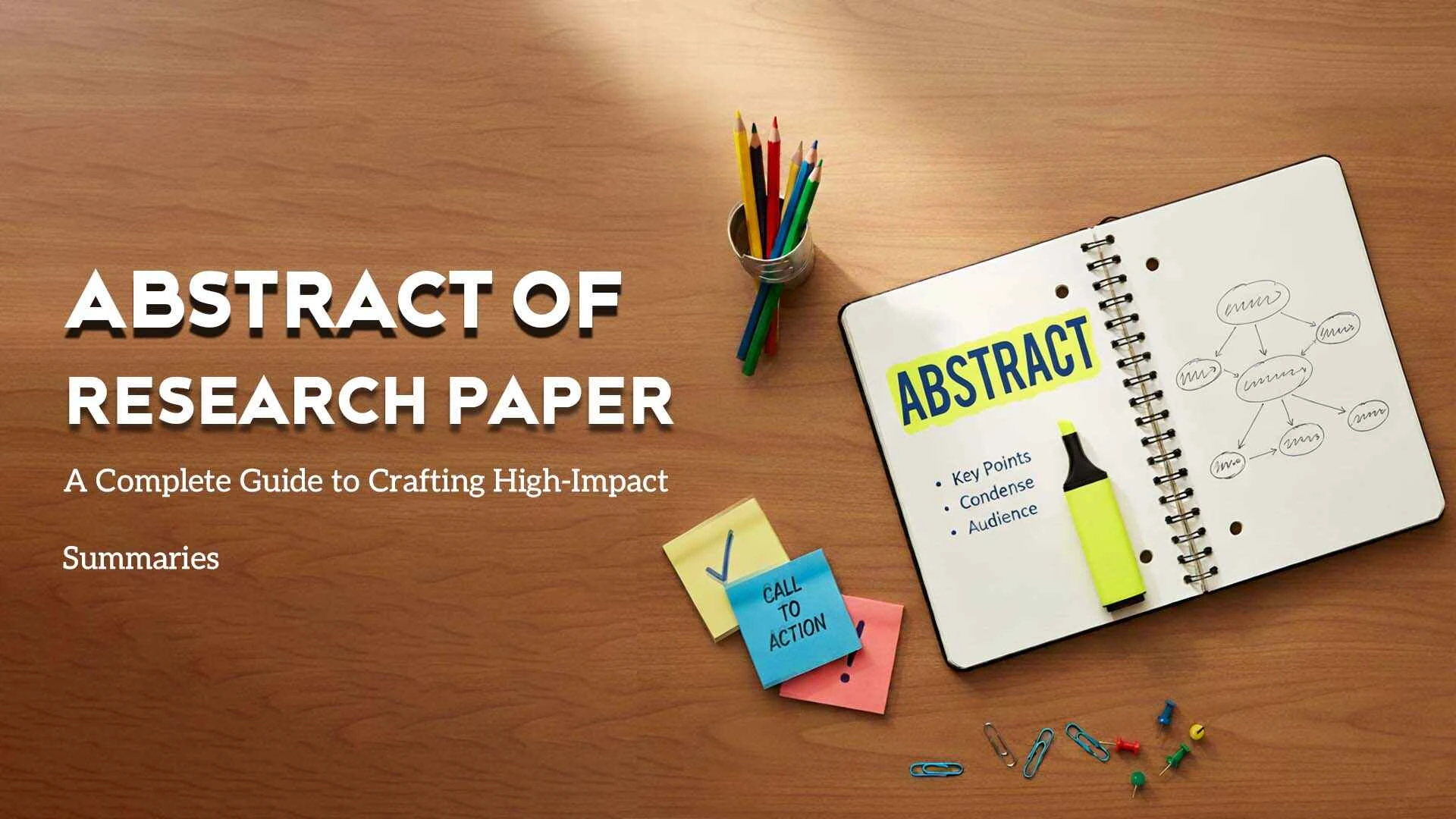 October 2025
October 2025
Sofia Marie
Learn how to write an abstract of a research paper with clarity and precision. Follow our step-by-step guide to craft impactful abstracts, understand types of research papers, and enhance publication success.
 October 2025
October 2025
Esther F
Deep Learning Research Papers explained with structure, methodology, and sources—your complete guide to academic and career success.
 September 2025
September 2025
jefreena
Learn how to write an AI in finance research paper with clear structure, strong methodology, and expert publishing tips for academic success.
 September 2025
September 2025
jefreena
Manuscript editing helps PhD scholars refine drafts into polished research papers. Explore editing services, from copy editing to formatting, for journal success.
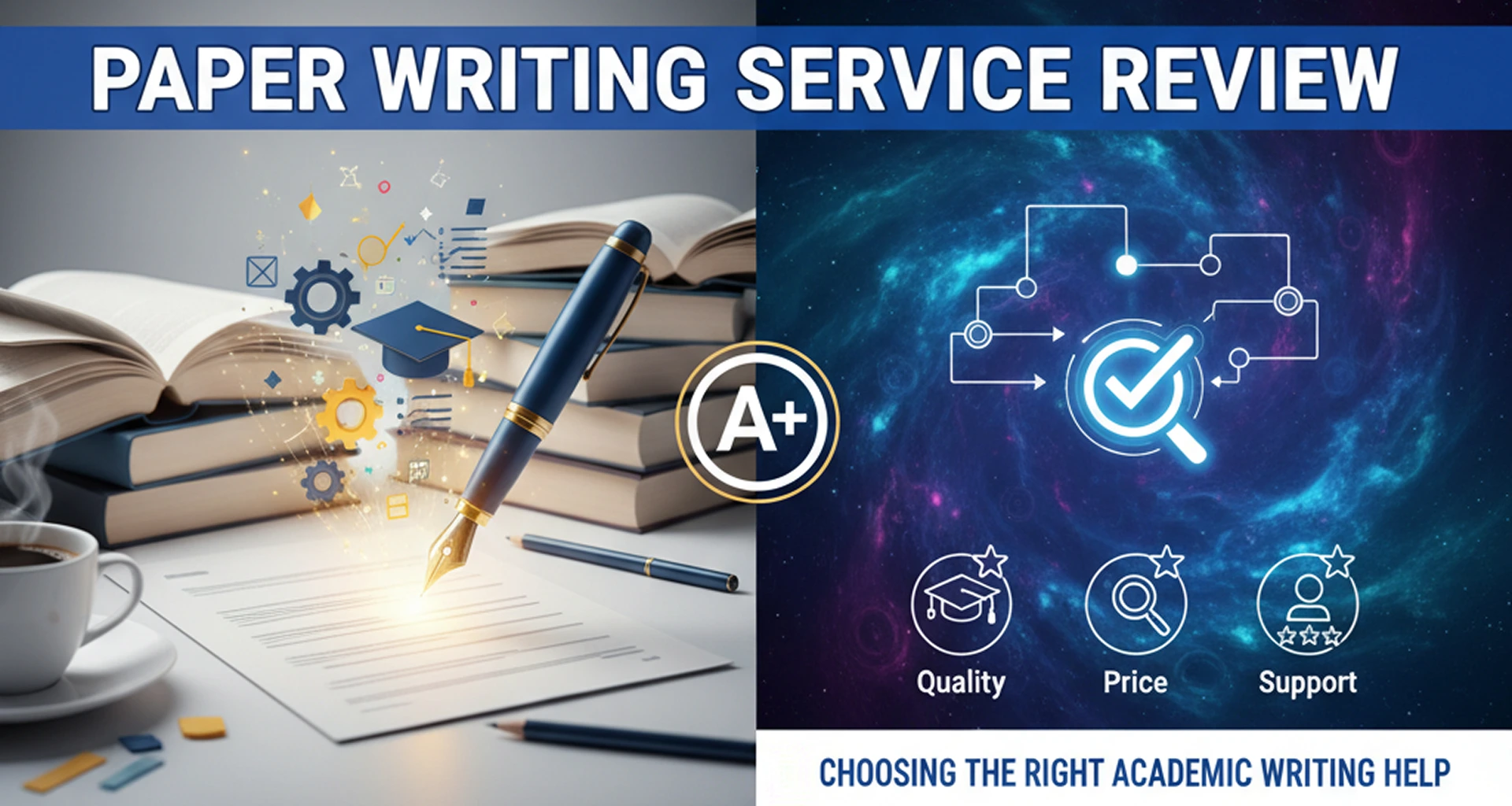 September 2025
September 2025
Santhi.GN
Read trusted paper writing service reviews to choose reliable academic help. Explore expert insights and research paper support for successful publications.
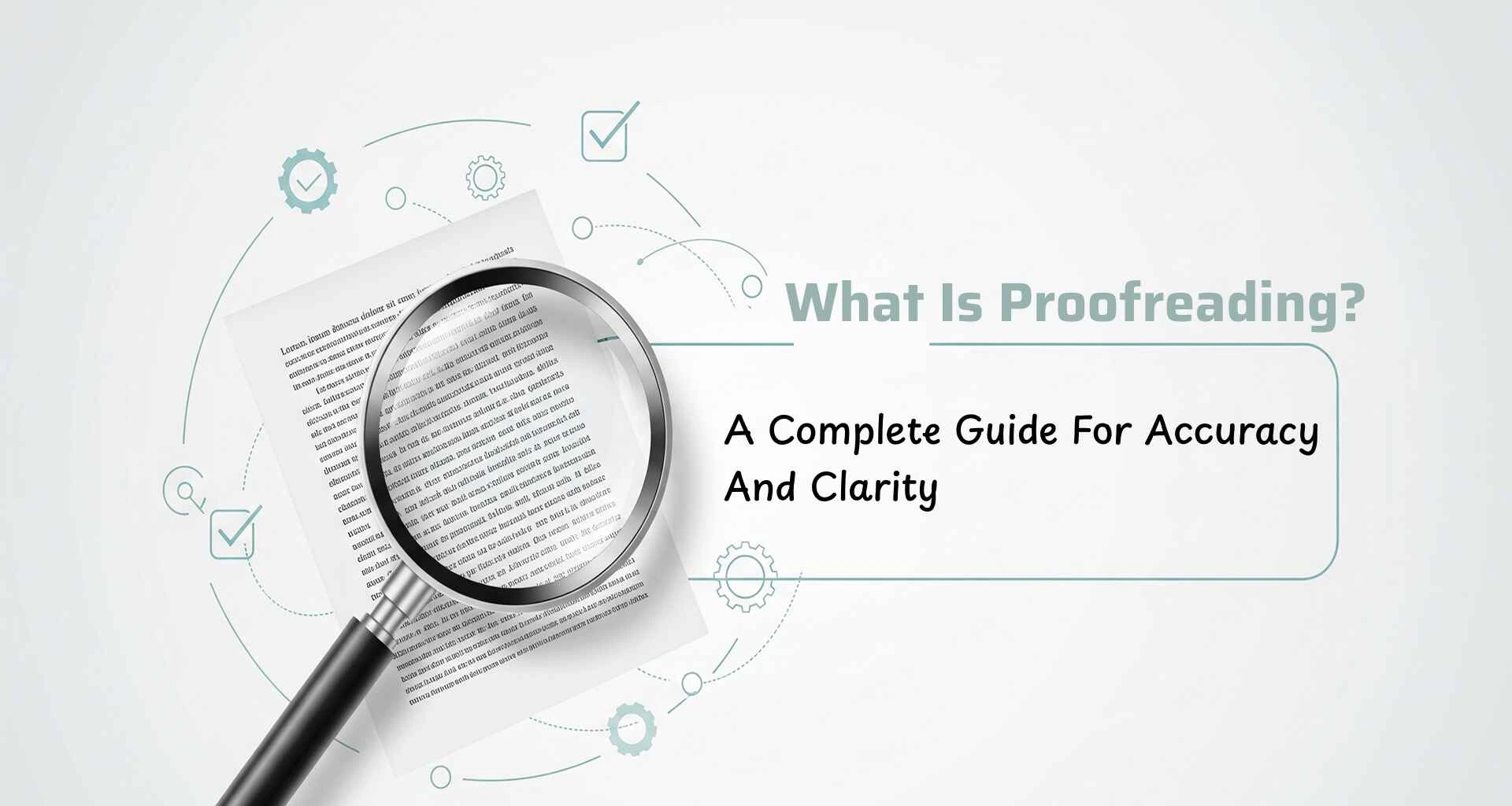 September 2025
September 2025
jefreena
Learn what is proofreading, its importance, and the difference between editing and proofreading. Get expert Ondezx proofreading services for flawless content.
 September 2025
September 2025
Esther. F
Explore MBA marketing thesis topics in classic, digital, branding, consumer behavior, and more. Find 100+ research ideas with guidance to select the right topic.
 September 2025
September 2025
Santhi.GN
PhD scholars can follow UGC guidelines and get expert help in journal selection and publication for better research impact.
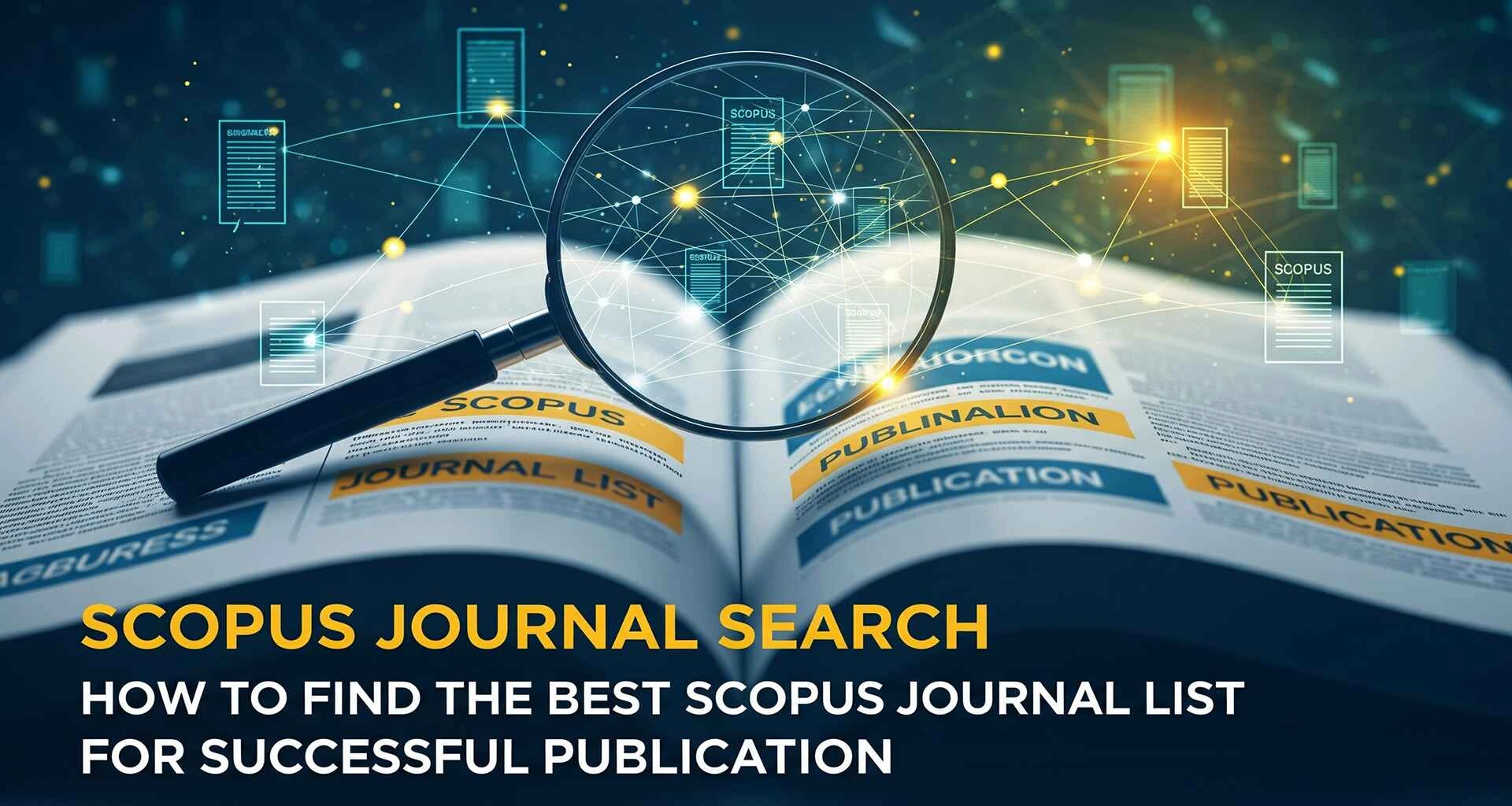 September 2025
September 2025
Santhi.GN
Learn how to find the best Scopus-indexed journals for your research. Discover tips for selecting high-impact journals, improve your chances of publication, and achieve academic success.
 September 2025
September 2025
Reena Martin .K
Get real-life examples of a review of literature in research proposals. Discover how to organise, analyse, and present findings well to excel in academics.
 September 2025
September 2025
jefreena
Explore cutting-edge agriculture research papers to enhance knowledge, identify trends, and apply findings. A practical guide for scholars, students, and researchers in agriculture.
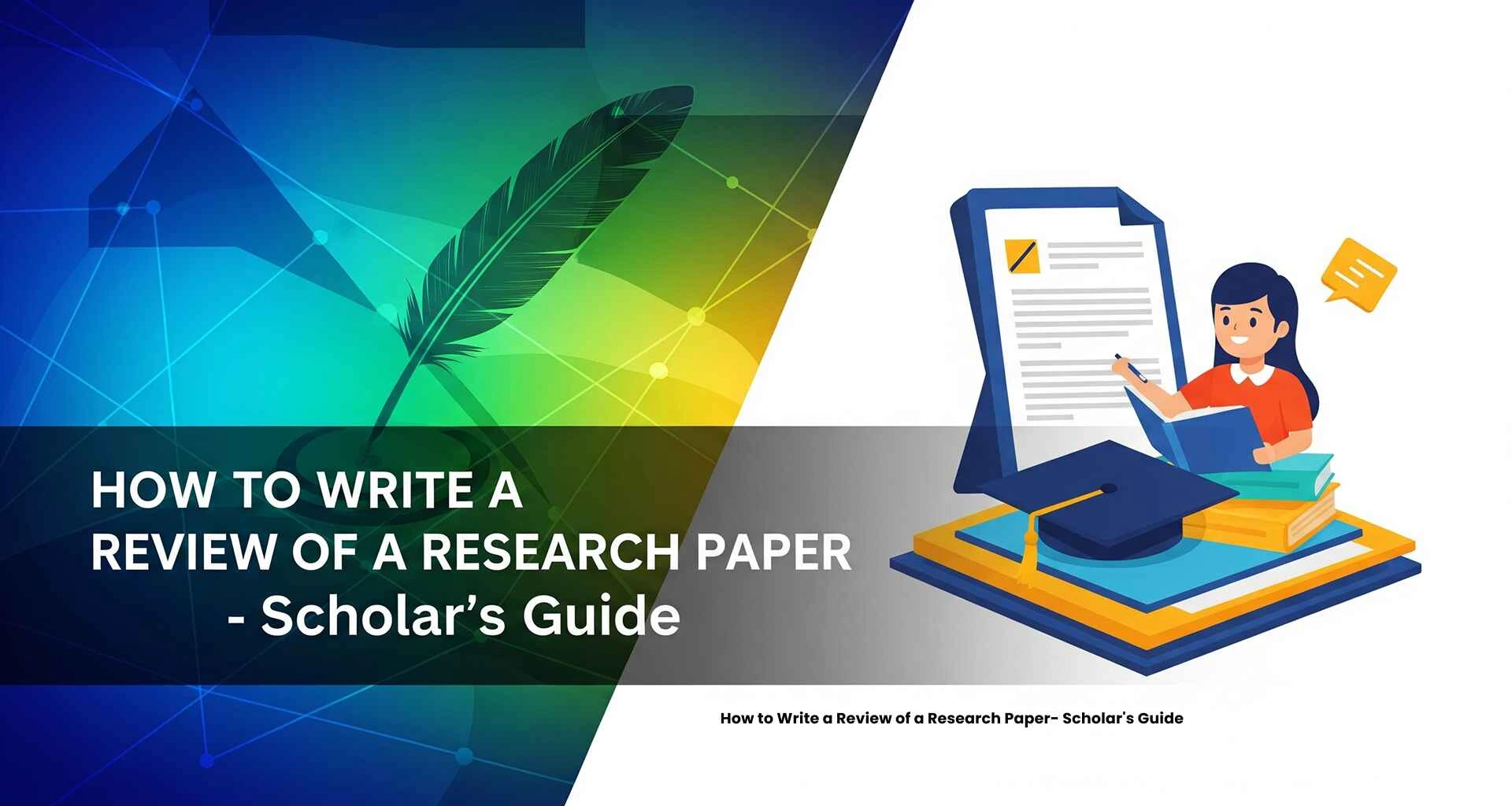 September 2025
September 2025
Esther F
Learn how to write a review of a research paper with this scholar's guide. Get step-by-step tips to evaluate, structure, and present a strong academic review.
 September 2025
September 2025
jefreena
Step-by-step guide for scholars to write a research paper on Data Science. Learn topic selection, structure, and tips for academic success.
 September 2025
September 2025
Williams
Master the literature review of a project with this complete guide covering purpose, structure, steps, do’s and don’ts, and expert writing tips.
 September 2025
September 2025
Esther. F
Explore creative ideas, proven tips, and expert guidance for crafting a research paper on commerce that stands out and gets noticed.
 September 2025
September 2025
Katy Richard.K
Learn the complete process of creating an artificial intelligence research paper from scratch, covering research, writing, editing, and publication.
 September 2025
September 2025
Esther F
Looking for the perfect thesis topic in corporate law? Dive into this guide covering governance, ethics, and modern business law challenges every scholar should know.
 September 2025
September 2025
jefreena
Master employee satisfaction research papers with step-by-step guidance from experts. Enhance your analysis, structure, and chances of academic success.
 September 2025
September 2025
jefreena
Modern sociology thesis topics on culture, gender, and society highlight key issues of identity, equity, and change shaping communities worldwide.
 August 2025
August 2025
Katy Richard.K
Master your research with the right literature sources. This guide uncovers trusted databases, journals, and references to build a powerful and credible literature review.
 August 2025
August 2025
jefreena
Learn how to write a literature review for a research proposal with clear steps, structure, and expert tips to strengthen your research foundation.
 August 2025
August 2025
Esther F
Master corporate governance research papers with fresh topics, clear structure, and practical writing guidance for impactful academic success.
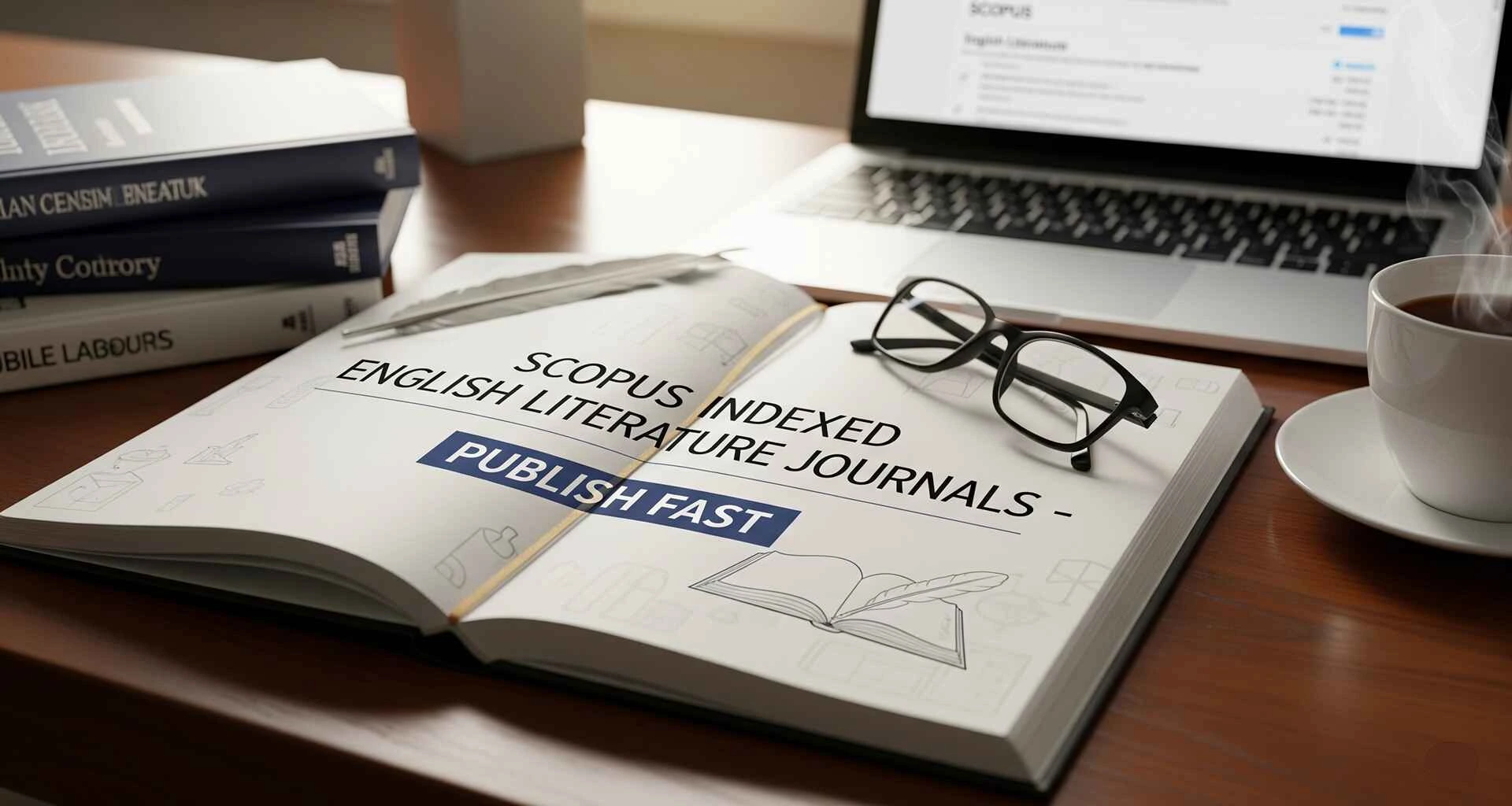 August 2025
August 2025
Santhi.GN
Accelerate your research journey with Scopus indexed English literature journals that focus on quick publication and worldwide readership.
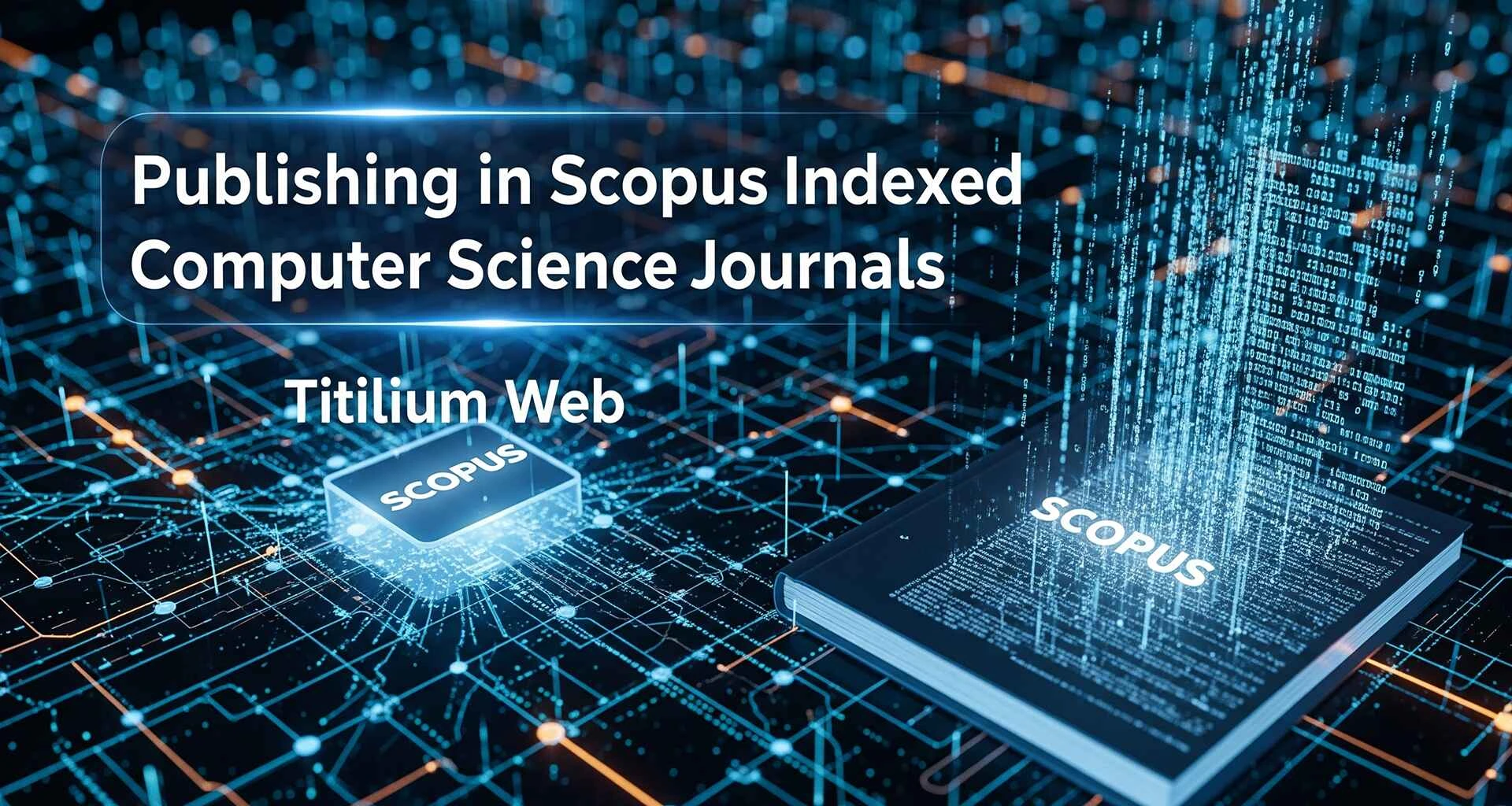 August 2025
August 2025
Esther. F
Publishing in Scopus Indexed Computer Science Journals enhances research credibility, boosts citation impact, and ensures global academic recognition with expert support.
 August 2025
August 2025
Santra
Learn how to write a literature review for a research paper: define questions, find sources, analyze studies, identify gaps, and cite with precision
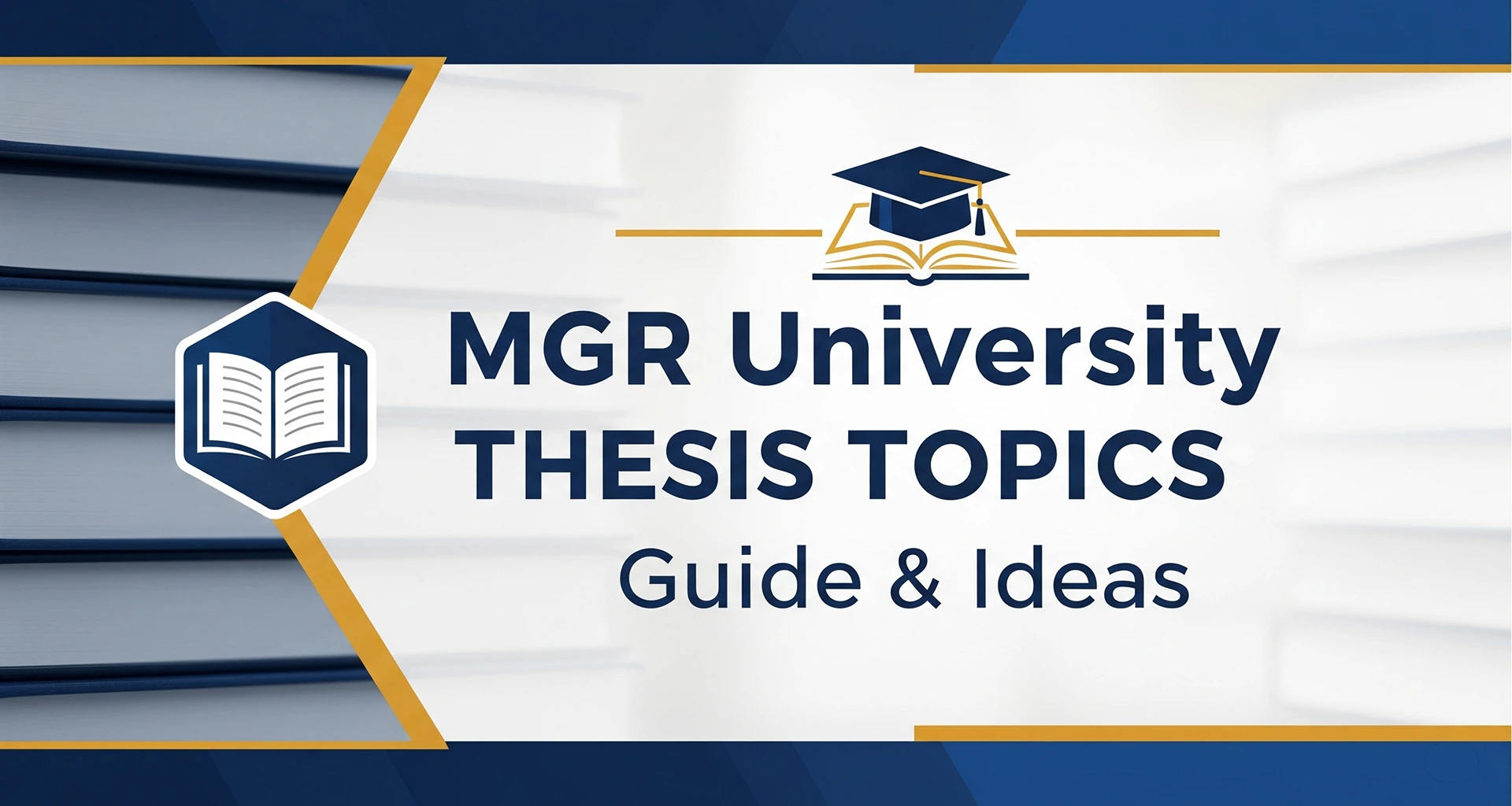 August 2025
August 2025
Reena Martin .K
Explore trending MGR University thesis topics with expert guidance. Get unique research ideas, structured support, and tips to craft a successful academic thesis
 August 2025
August 2025
Katy Richard.K
Explore top anaesthesia thesis topics tailored for PG & PhD scholars. Discover research-worthy ideas to enhance academic success and contribute to medical advancements.
 August 2025
August 2025
Santhi.GN
Find inspiring microbiology thesis topics that spark curiosity, address real-world issues, and open doors to innovation in medicine, environment, and biotech.
 August 2025
August 2025
Santhi.GN
A complete guide on finding research gaps through literature review. Learn to spot unexplored areas, frame questions, and add originality to your thesis.
 August 2025
August 2025
Esther. F
Discover top Scopus-indexed Indian journals across disciplines. Learn their importance, benefits, and how they support researchers in academic publishing.
 August 2025
August 2025
jefreena
Explore Biostatistics and Research Methodology from study design to data analysis, covering sampling, statistics, and expert insights for impactful research.
 August 2025
August 2025
Esther. F
A complete guide for PhD scholars to excel in AI thesis writing, from topic selection and research design to data analysis, literature review, and publication success.
 August 2025
August 2025
Katy Richard.K
Wondering how much plagiarism is acceptable in a review paper? This guide explains plagiarism limits, ethical considerations, and tips to maintain originality for academic success.
 August 2025
August 2025
Reena Martin .K
Master your Artificial Intelligence PhD thesis with expert tips on research design, writing, and academic publishing.
 August 2025
August 2025
Esther F
Explore top dissertation topics for MBA finance with this complete guide. Get expert ideas, research tips, and insights to craft a winning thesis.
 August 2025
August 2025
Katy Richard.K
Explore top LLM dissertation topics across constitutional law, international law, and cyber law. Get expert insights to choose impactful legal research topics for your LLM dissertation.
 August 2025
August 2025
Esther F
Learn how to plan, design, and execute Architecture Thesis Projects with trending topics, expert tips, and a step-by-step guide for final-year students.
 August 2025
August 2025
Katy Richard.K
Explore top sociology dissertation topics that drive real-world change and address key social issues, inequalities, and community development.
 August 2025
August 2025
Katy Richard.K
Get expert insights on how online dissertation services work, what to look for, and how to get personalized academic support tailored to your research needs.
 August 2025
August 2025
Rebecca.F
Explore top thesis topics in English Literature with expert tips on how to choose, structure, and write your research for academic success.